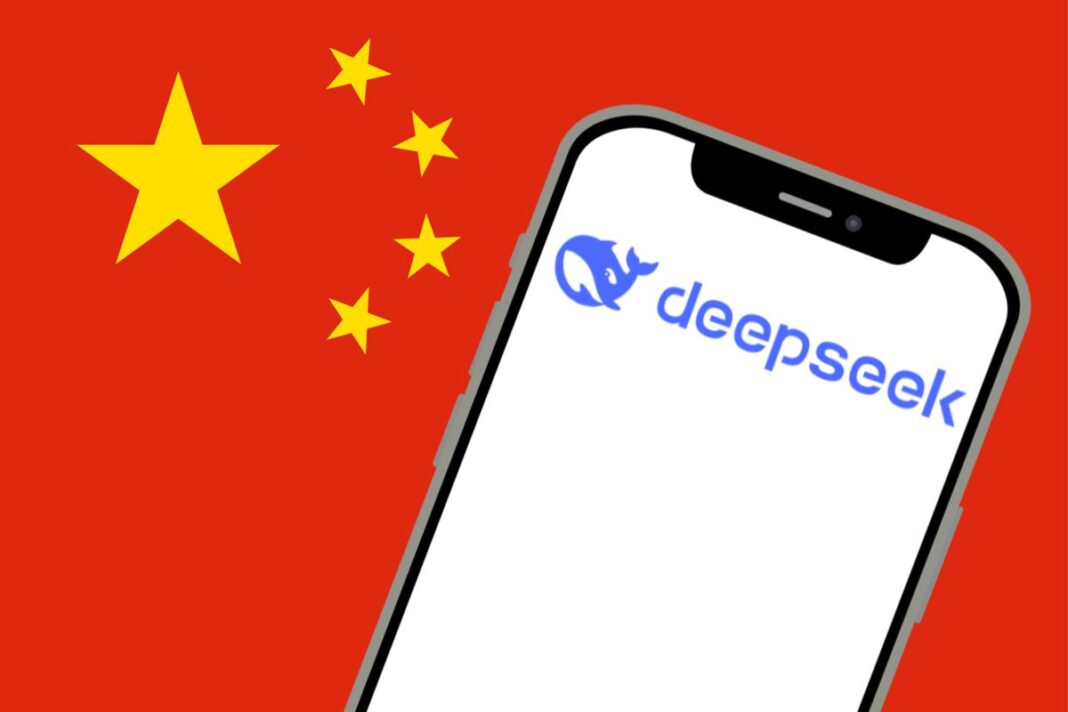The National Intelligence Service also said the AI was found to give different answers to the same question depending on which language was used.
South Korea’s intelligence agency has said that the Chinese artificial intelligence (AI) app DeepSeek is “excessively” collecting personal data and using all input data to train itself.
Seoul’s National Intelligence Service (NIS) also questioned the app’s responses to questions relating to issues of cultural and national pride.
The NIS made the statements in an official notice sent to government agencies on Sunday, urging them to take security precautions over the app.
DeepSeek, based in Zhejiang, southern China, overtook rival ChatGPT to become the top-rated free application on Apple’s App Store in the United States last month.
“Unlike other generative AI services, it has been confirmed that chat records are transferable as it includes a function to collect keyboard input patterns that can identify individuals and communicate with Chinese companies’ servers such as volceapplog.com,” the NIS said in a statement issued on Sunday.
Some ministries in the country have blocked access to the app, citing security worries, in moves similar to Australia and Taiwan, which have warned about DeepSeek or placed restrictions on it.
The NIS said DeepSeek gives advertisers unlimited access to user data and stores South Korean users’ data in Chinese servers.
Under Chinese law, the Chinese Communist Party (CCP) would be able to access this information when requested, the NIS said.
DeepSeek also provided different answers to potentially contentious cultural questions in different languages, according to the agency.
The NIS used the example of asking for the origin of kimchi—a spicy, fermented cabbage dish that is a firm favorite in South Korea.
When DeepSeek was asked in Korean about the origin of the food, it said kimchi is a Korean dish, but after being asked the same question in Chinese, the AI said it came from China.
The origin of kimchi has periodically been a source of conflict between South Koreans and Chinese social media users in recent times.
DeepSeek has also been accused of censoring responses to political questions such as ones regarding the Tiananmen Square Massacre of 1989, which elicited the response “Let’s talk about something else,” from the app.
By Guy Birchall







